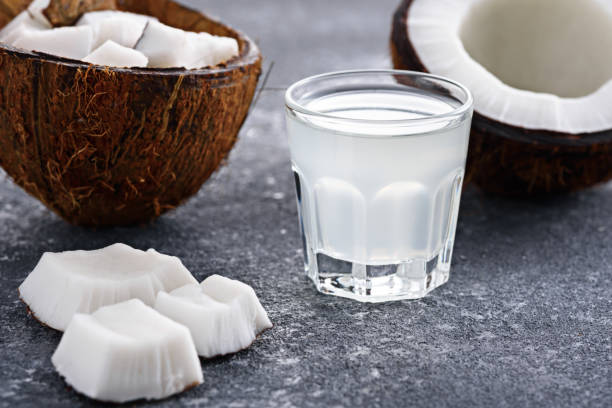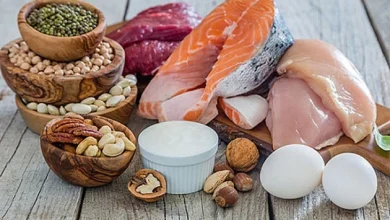Coconut oil is “pure poison”, says Harvard professor

It is considered a healthy product, but the oil, which is high in saturated fat, is “one of the worst things you can eat,” according to an expert.
For some health food stores and some wellness sites, it’s a panacea for everything from unhealthy hair, mental fatigue to obesity and haemorrhoids. But the carefully crafted image of coconut oil to cure many ailments was rejected by a Harvard professor.
Karin Michels, an epidemiologist at the Harvard TH Chan School of Public Health in the US, criticized the choice of superfoods and cried for coconut oil in particular, calling it “one of the best among worst things to eat” that can be compared to a “pure poison”.
Michels made the statement in a recent lecture titled “Coconut Oil and other Nutritional Errors” at the University of Freiburg, where she holds a second academic position as director of the Institute for Prevention and Tumour Epidemiology. The speech, delivered in German, has now been watched nearly a million times on YouTube.
Michels based his warning on the high proportion of saturated fat in coconut oil, which is known to raise levels of LDL cholesterol, and thus, the risk of cardiovascular disease (CVD).
Coconut oil contains more than 80% saturated fat—more than twice the amount found in lard. In comparison, beef drippings contain more than 60% of saturated fat.
Last year, the American Heart Association reviewed the evidence about coconut oil and other foodstuffs. While three quarters of the US public considered coconut oil to be healthy, the review noted that only 37% of nutritionists agreed. The authors attributed the gulf in perception to the marketing of coconut oil in the popular press.
“Because coconut oil increases LDL cholesterol, a cause of CVD, and has no known offsetting favourable effects, we advise against the use of coconut oil,” the review said.
Other organisations have issued similar warnings.
“Coconut oil can be included in the diet, but as it is high in saturated fats should only be included in small amounts and as part of a healthy balanced diet,” the British Nutrition Foundation said. “To date, there is no strong scientific evidence to support health benefits from eating coconut oil.”
Despite the advice, promotions from health food shops such as Holland and Barrett, and celebrity endorsements from Gwyneth Paltrow and others, have helped UK sales of coconut oil surge in recent years. Profits have rocketed from about £1 million to £16.4 million in the past four years, according to the consumer research group Kantar.
In the US, coconut oil sales appear to have peaked in 2015 at $229 million, according to the market research firm Spins.
“Coconut oil is about 86% saturated fat, about one-third more saturated fat than butter,” said Victoria Taylor, a senior dietician at the British Heart Foundation.
“We know that diets high in saturated fat are associated with increased non-HDL cholesterol in the blood, and high cholesterol is a risk factor for coronary heart disease and stroke.
“There has been speculation that some of the saturated fat present in coconut oil may be better for us than other saturated fats, but so far there is not enough good-quality research to provide us with a definitive answer.
“What we do know is that replacing saturated fats with unsaturated fats like vegetable oil, olive oil, and sunflower oil – and their spreads – has been shown as an effective way to help reduce LDL cholesterol levels, so this would be a healthier choice.
“For the time being, if you like the taste of coconut oil, then, as with butter, it is fine to use it every now and then. However, it is best to restrict yourself to small amounts and use unsaturated oils as an everyday choice instead”.




